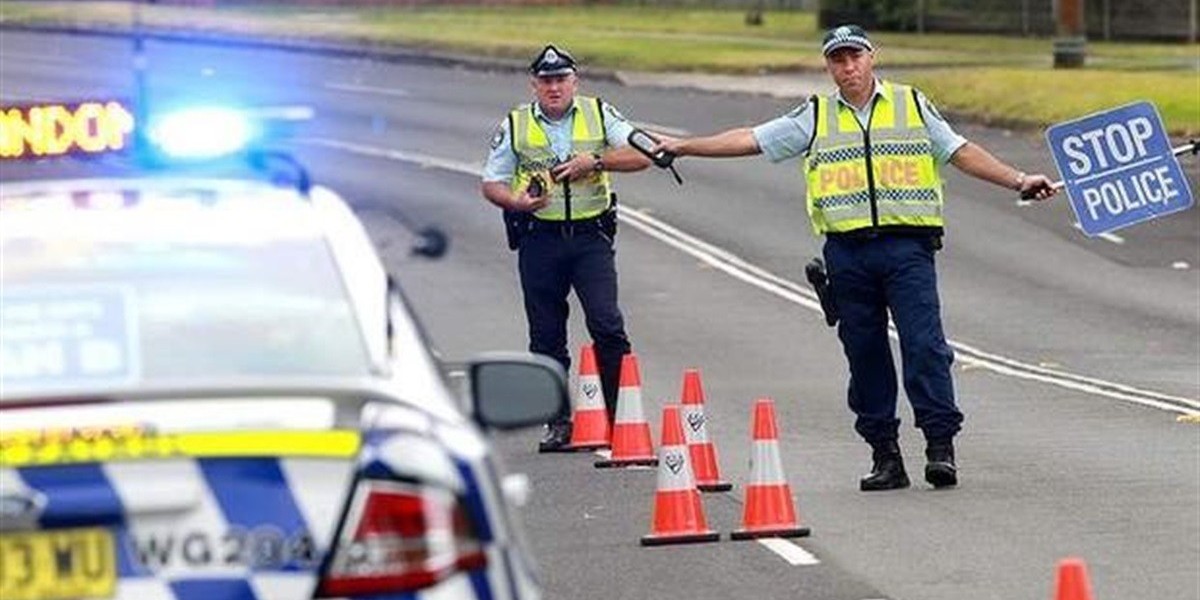Speeding remains the most common motoring offence in the UK, and while it might seem minor to some, the consequences can be anything but. A moment's lapse in judgment or an honest mistake can quickly lead to penalty points, substantial fines, increased insurance premiums, and, crucially, the very real threat of a driving disqualification. The intricate rules surrounding speed limits, the diverse methods of detection, and the strict legal procedures mean that navigating a speeding allegation successfully often requires expert legal intervention.
Rather than simply accepting the penalty, understanding your rights and exploring all available defence avenues can protect your driving licence and, by extension, your livelihood and independence. This is precisely why engaging specialist speeding offence lawyers is a critical step for anyone accused of exceeding the speed limit. These legal professionals possess the in-depth knowledge of road traffic law and the tactical expertise to challenge evidence, identify procedural errors, and present compelling arguments on your behalf.
Understanding Speeding Offences and Their Penalties
In the UK, speeding offences are categorised based on the severity of the transgression and the speed limit in force. The penalties can range from a fixed penalty notice to a court summons with potentially far more severe outcomes:
· Fixed Penalty Notice (FPN): For minor speeding offences, you might be offered an FPN, typically involving a £100 fine and 3 penalty points. You may also be offered the option to attend a speed awareness course, which allows you to avoid points but requires payment of a course fee.
· Court Summons: For more serious speeding (e.g., significantly over the limit, or where you've already accumulated points), you will receive a court summons. Here, the penalties are determined by Magistrates using sentencing guidelines, based on your weekly income and how far over the limit you were travelling. Fines can reach up to £1,000 (or £2,500 on a motorway), and you could receive between 3 to 6 penalty points.
· Driving Disqualification: For very high speeds, the court can impose a discretionary driving ban. More commonly, accumulation of points can lead to a 'totting-up' disqualification. If you accrue 12 or more penalty points on your licence within a three-year period, you face an automatic minimum disqualification of 6 months.
· New Drivers: If you are within two years of passing your driving test and accumulate 6 or more penalty points (including from a single speeding offence), your licence will be revoked, meaning you'll have to retake both your theory and practical driving tests.
The financial and personal consequences of a speeding conviction extend beyond the immediate fine and points, often leading to significantly increased insurance premiums for years to come.
How Speeding is Detected and Why It Can Be Challenged
Police and safety camera partnerships utilise various methods to detect speeding, each with its own operational nuances and potential points of challenge:
1. Fixed Speed Cameras (Gatso, Truvelo): These are static cameras positioned at specific locations, often known accident hotspots. They measure speed at a single point. Newer models use infrared technology, meaning no flash, so you may not know you've been caught until the Notice of Intended Prosecution (NIP) arrives.
2. Average Speed Cameras (SPECS): Commonly seen in roadworks, these cameras measure your speed over a set distance between two points. They calculate your average speed, meaning slowing down just for the camera isn't enough. They are generally considered highly accurate.
3. Mobile Speed Cameras: Operated by police officers or safety camera partnerships from vans or handheld devices (laser guns/radar guns). These are highly versatile and can be set up almost anywhere.
4. Police Officer Observation: Officers can also use their calibrated vehicle speedometer to confirm speed, although this is less common for fixed penalties.
While speed detection technology is sophisticated, it is not infallible. This is where specialist speeding offence lawyers excel, scrutinising the evidence and methods used to secure a conviction.
Common Defence Strategies for Speeding Offences
A Notice of Intended Prosecution (NIP) for speeding does not automatically mean a conviction. There are several powerful defence strategies that experienced speeding offence lawyers can deploy:
1. Challenging the Notice of Intended Prosecution (NIP): The NIP must be served to the registered keeper of the vehicle within 14 days of the offence (unless certain exemptions apply). Errors on the NIP (e.g., incorrect vehicle details, date, or location) or late service can render the prosecution invalid.
2. Questioning the Accuracy of Speed Detection Equipment:
o Calibration Records: All speed cameras and devices must be regularly calibrated and maintained. Lawyers can demand calibration certificates and challenge the validity of the reading if these are absent, outdated, or indicate a fault.
o Operator Error: For mobile devices (laser/radar guns), the officer must operate the equipment precisely according to training. Mistakes in aiming the device, or 'slippage', can lead to inaccurate readings.
o Type Approval: Ensuring the device used is Home Office type approved for the specific use.
3. Disputing the Speed Limit/Signage:
o Incorrect/Missing Signs: Speed limits must be clearly and correctly signed. If signs were missing, obscured, or non-compliant with regulations (e.g., incorrect size or placement), there may be a defence.
o Traffic Order Validity: The speed limit must be imposed by a valid Traffic Regulation Order. Lawyers can challenge the prosecution to prove the existence and validity of this order.
4. Mistaken Identity: If you were not the driver at the time of the alleged offence, you have a defence. While you still have a duty to provide driver details (via a Section 172 Notice), if you genuinely cannot identify the driver after diligent enquiries, you may have a defence against 'failing to provide driver information'.
5. Exceptional Hardship (for Totting-Up Cases): If a speeding offence would push you to 12 or more points, leading to a totting-up ban, your speeding offence lawyers can argue 'exceptional hardship' to the court. This requires demonstrating that a driving ban would cause genuinely severe and disproportionate suffering to you or others (e.g., job loss, inability to care for a dependent with specific needs).
6. Special Reasons: In very limited circumstances, arguments of 'special reasons' can be made to avoid points or a ban. These must relate directly to the offence itself, such as a genuine emergency necessitating the speed, or where the vehicle was genuinely defective unbeknownst to the driver.
Why Motoring Defence Should Be Your Choice for Speeding Allegations
Facing a speeding allegation can be stressful, with potentially severe ramifications for your driving licence, your job, and your daily life. The intricacies of challenging speed detection evidence, procedural technicalities, and presenting compelling arguments in court demand a specialist touch.
Motoring Defence are leading speeding offence lawyers in the UK, dedicated exclusively to defending drivers accused of road traffic offences. Our team provides unparalleled legal expertise and tenacious representation, ensuring you receive the best possible outcome.
Here’s why our specialist approach is indispensable when dealing with a speeding allegation:
1. Focused Expertise: We deal solely with motoring law. This specialisation means our lawyers are intimately familiar with every detail of speeding legislation, detection methods, and the specific defence strategies that yield results. We stay abreast of all judicial precedents and regulatory changes, including those implemented in June 2025.
2. Meticulous Case Analysis: From the moment you contact us, we meticulously analyse every aspect of your case – the NIP, police evidence, camera type, and relevant signage. We identify any procedural irregularities or weaknesses in the prosecution's evidence that can form the basis of your defence.
3. Skilled Courtroom Advocacy: Our speeding offence lawyers are experienced advocates who regularly represent clients in Magistrates' Courts across England and Wales. We excel at challenging prosecution evidence, cross-examining witnesses, and presenting your defence persuasively to the court.
4. Licence Protection is Our Priority: We understand that even a few points can lead to a totting-up ban. We are experts in crafting and presenting compelling 'Exceptional Hardship' arguments, often successfully helping clients avoid or significantly reduce driving disqualifications, safeguarding their livelihoods and independence.
5. Comprehensive Support: We provide clear, jargon-free advice and empathetic support at every stage, keeping you informed and empowered. Whether you are considering a guilty plea with mitigation or a full not-guilty trial, we guide you through the process, providing peace of mind.
Don't let a speeding ticket jeopardise your driving licence without a fight. The stakes are too high. Contact Motoring Defence today for a confidential consultation with our specialist speeding offence lawyers and take the crucial first step towards protecting your driving privileges.








